
Rehabilitative Program for Prisoners in Aleppo

The Sharia judiciary in Aleppo implements a rehabilitation program for prisoners through which they supervise all the prisoners with the aim of raising their awareness and rehabilitating them. Judge Mudar Radwan, the head of the appeals’ court, spoke to Enab Baladi about this experience explaining, “This program includes all prisoners without exception, and the importance of supervision increases for prisoners with severe sentences.”
The rehabilitation program began around a year ago under the supervision of Sheikh Hazem Abu al-Juwd with the aim according to Judge Radwan of “Rehabilitation… the aim of the sentence is to deter, rehabilitate the soul, and work with criminals for them to become good persons in the future.”
A group of students of knowledge and proselytizing oversee the rehabilitation program. Radwan explained that in the Sharia judiciary there is “a group of overseers/supervisors, each of whom have specialized in a program in the Quran, al-Fiqah, and al-Hadith. They seek to demonstrate to the prisoners what their crimes are, clarify why the crime is sinful/haram, and explain the punishment that Allah has specified for the crime.”
The program also includes an appraisal for prisoners’ behaviour and the appraisal affects the prison sentence. Judge Radwan clarifies, “There are those who offer knowledge of the Quran and morality to change the behaviour of the criminal. The prisoners testify on the criminal if his behaviour has changed. If so, the sentence is reduced.”
The prison administration gives the opportunity for prisoners to learn. Courses are given for those who are illiterate and future plans are drawn to teach them a profession or craft. The prison administration seeks to implement these plans if there is sufficient resources according to Judge Radwan. He continues, “prisoners are entitled to an hour or two hours of leisurely activities. The prison has a sports hall that has a Ping Pong table and a Billiards table. The leisure time is a reward for those who commit to their classes.”
Judge Radwan confirms towards the end of the conversation that the idea of rehabilitating prisoners was one of the cornerstones of the ideas of court judges. They see it as a successful idea because the only way to limit crime is through increasing awareness and culture.
continue all topic:
Prominent Judicial Bodies Formed in Liberated Syria
The Phase of Regression: ‘Sheikhs’ Replacing Judges
Peoples’ Courts in Autonomous Administrated Regions
Free Independent Syrian Judiciary Council
Three Authority References Warn of the Division of Syria
Syrian State Law: will its continued implementation help maintain the unity of Syrian territory?
Islamic Sharia: Military Brigades Reject Legal References and Insist on the Implementation of Sharia
Judicial Schemes and the Shape of Laws in Areas outside the control of the Syrian Regime
Judiciary in Aleppo is unable to counter the Hegemony of the Military
Rehabilitative Program for Prisoners in Aleppo
Deraa: The Judiciary Scheme, Shape of laws in it since its Liberation
Eastern Ghouta: Foundation of Independent Judiciary following Liberation
Judiciary is absent from Western Ghouta and Sharia Implementation in Qalamoon
Jaysh al-Fateh Promises to implement a Unified Judicial Reference in Idlib
Al-Nusra Front Controls Judiciary in Lattakia Countryside
Hama Countryside: Absence of Judiciary and Subordination of Khan Sheyhun court
Al-Waer court and resolving dispute by consensus in Homs
Judiciary in Deir ez-Zor terminated by ISIS
Attempts at founding Judiciary in Raqqa were terminated by ISIS
Judiciary System under Baath Rule
How do Syrians value courts’ performance and Judiciary in their liberated areas?
Killing Justice in the North of Syria
Higher Judiciary Institute in Aleppo: First Graduates in Liberated Areas
if you think the article contain wrong information or you have additional details Send Correction
-
Follow us :
Most viewed
- Syrian Defense Ministry appoints "Abu Amsha" as Hama Brigade commander
- SDF faces two fronts... Damascus negotiates and Ankara wants war
- Former Syrian Interior Minister Mohammad al-Shaar surrenders to authorities
- Al-Sharaa meets Bin Salman: Together towards a true partnership
- Syrians hope for a new state without "wasta"

















 A
A
A
A
A
A


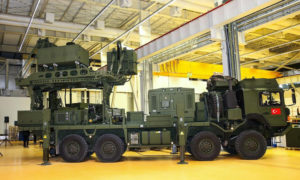
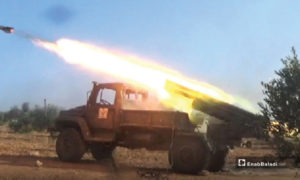
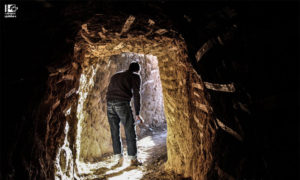
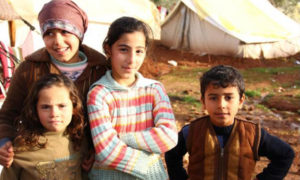
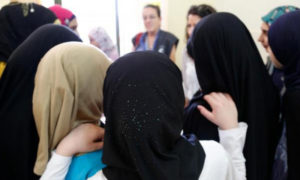
 More Investigations
More Investigations